yǒng
sing song or poem
Phonosemantic compound. 口 represents the meaning and 永 represents the sound. Simplified form of 詠.
Evolution

Bronze script
Early Western Zhou (~1000 BC)
Seal script
Shuowen (~100 AD)
Clerical script
Eastern Han dynasty (25-220 AD)Regular script
ModernMost common words with 咏
Freq. | Word | Meaning |
|---|---|---|
to sing | ||
singing | ||
Alan Tam (1950-), Hong Kong Canto-pop singer and actor | ||
aria | ||
to recite |
Sources
